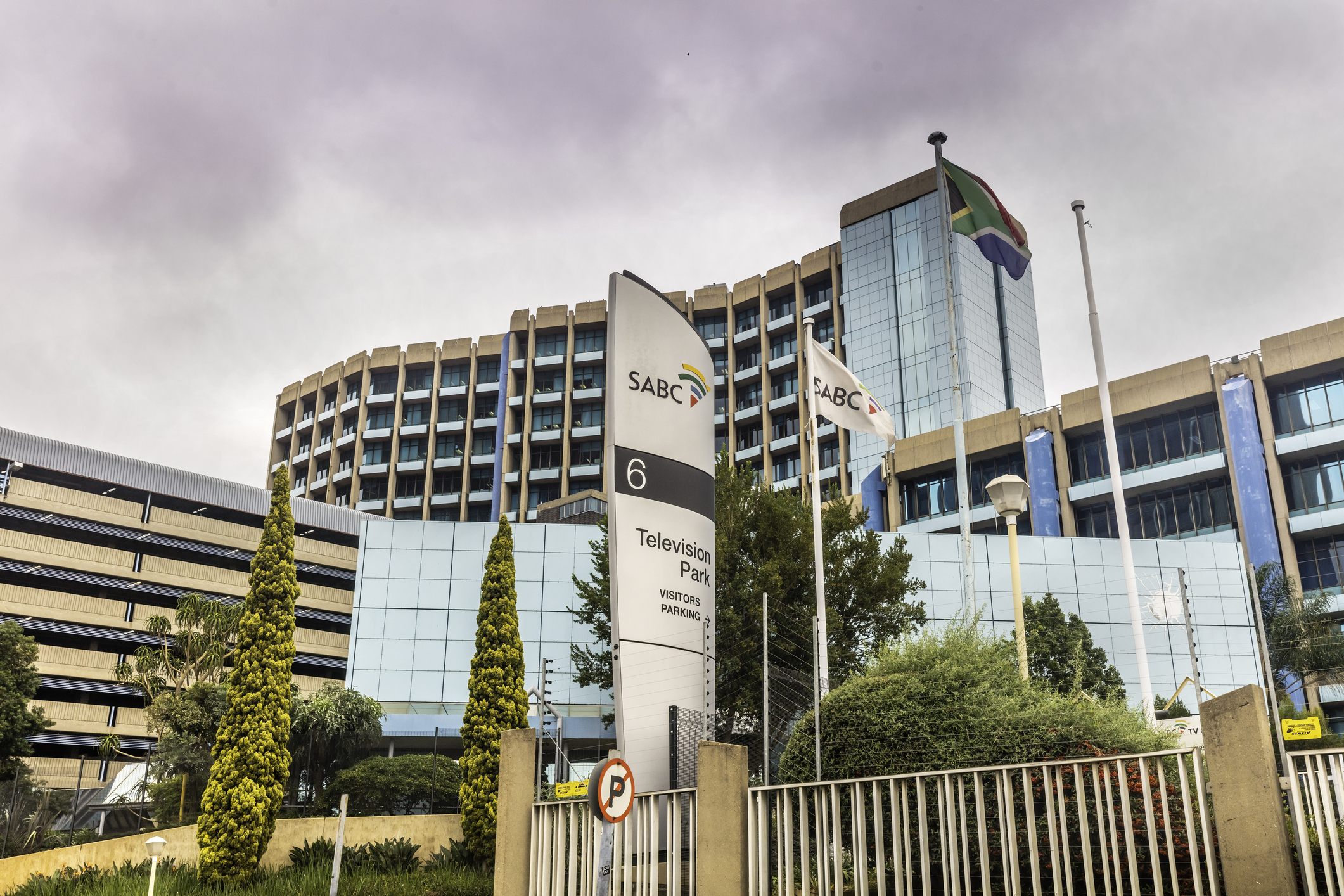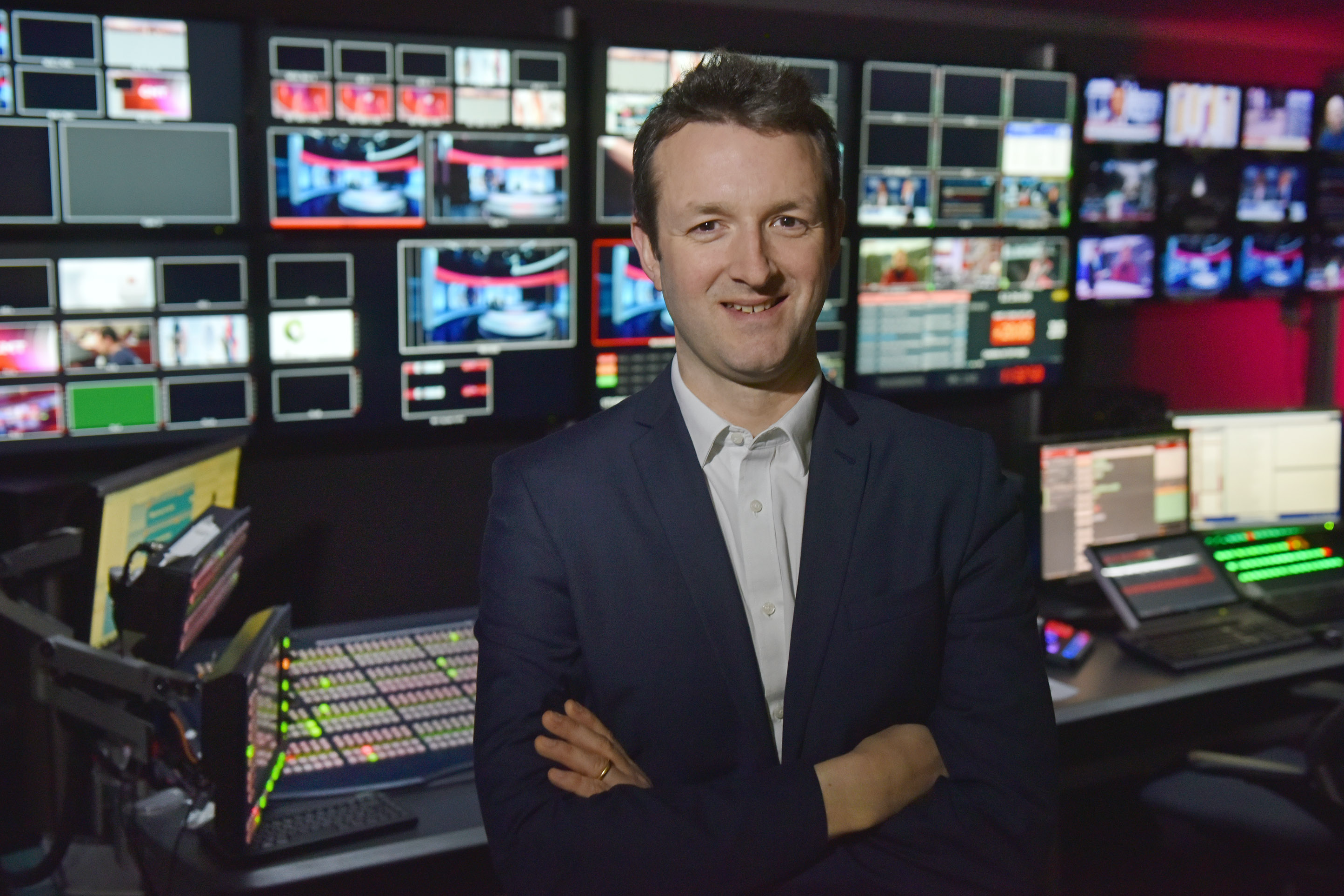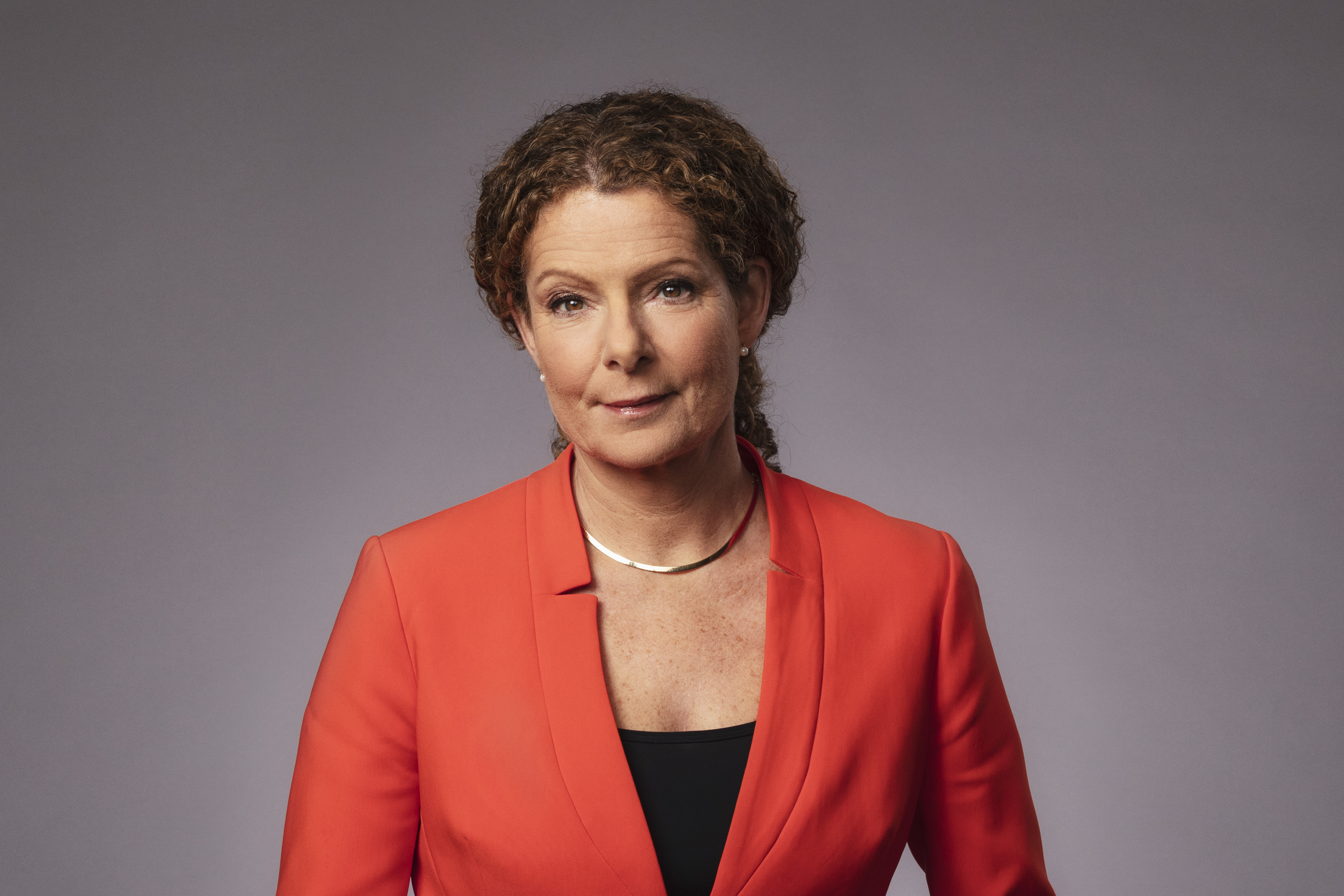Originally published in Sunday Times
Work over the past nine months has laid a foundation to serve the public interest for the next 84 years, and even beyond
By Madoda Mxakwe, CEO South African Broadcasting Corporation (SABC)
For the first six decades of its 84 years, the SABC was not a public broadcaster but a captured one, serving the narrow interests of the white population.
From 1948, it was used by successive apartheid governments as a propaganda tool to perpetuate and preserve apartheid.
In 1993 this changed in a fundamental way. The first representative SABC board was appointed in a public process, and from 1999 the SABC’s role as a public broadcaster was protected and editorial independence guaranteed in law.
During the first 26 years of democracy, the SABC hit heights of excellence in universal access and local programming in all languages, but it was often plagued by governance failures and maladministration.
Thanks to the intervention of parliament and civil society in 2016, the SABC is an independent public service media institution and is now more than ever committed to delivering on its constitutionally derived public mandate.
Most people would agree that not all media should be privately owned. With the increasing global dominance of social media, streaming and pay-TV the need for independent, publicly owned media is essential.
There is a need for a platform to enable a national discourse and promote good governance and human development. Across the globe, public broadcasters face challenges to remain autonomous from governments, free from state and corporate interference, and devoted to serving citizens.
This remains a complex and contested space, but the SABC board and executive management are committed to championing broadcasting in the public interest.
"This remains a complex and contested space, but the SABC board and executive management are committed to championing broadcasting in the public interest."
Notwithstanding periods of maladministration, the SABC remains SA’s best and biggest mechanism to protect and sustain democracy through free and fair reporting, holding all authorities accountable, and providing citizens with reliable information.
The impressive performance of the SABC’s news operation has been widely acknowledged. It continues to reflect a plurality of voices and inclusivity. The SABC retains allegiance to the public in providing watchdog journalism.
The SABC’s legitimacy as a public broadcaster and its role as a social and cultural institution were underlined when SABC News received a “99% balanced rating” for its coverage of the 2019 elections. This rating, combined with SABC News reaching the No 1 position among 24-hour TV news channels in SA, has validated the public broadcaster’s role as a vital medium for the flow of information.
Due to years of mismanagement, it is justified and understandable that there would be an outcry over a government bailout. The SABC received R3.2bn primarily to pay creditors, procure content and acquire infrastructure. More than R2.2bn went to paying historic debts. In compliance with bailout conditions, the money cannot be for salaries. The SABC’s funding model has been contentious and remains unresolved. The broadcaster is required to fund its public mandate with revenues generated from commercial activities. These include radio stations for every language group, national news broadcasting and six television channels. The broadcaster is not funded by the state, except for a 3% revenue grant intended for educational programmes.
The SABC’s public broadcast obligations are expensive. Overreliance on commercial revenue is fraught with risk because the market is driven by commercial factors.
Globally, Covid-19 has turned the business landscape upside down. The SABC and the media have not been spared. The challenge is how to respond to the crisis. To mitigate the impact, the SABC is reducing costs as well as reviewing and driving sales and other revenues.
"The SABC's public broadcast obligations are expensive. Overreliance on commercial revenue is fraught with risk because the market is driven by commercial factors."
For the future viability of the SABC, cost reductions are unavoidable, otherwise the institution will perpetually drain the public purse. This is neither desirable nor sustainable.
The most difficult task of effective business leadership is to protect a business from threats and to build resilience to weather future adversities.
Leadership can also be viewed as the ability to take the tough decisions while being empathetic to the negative impact some decisions might have. Strategic foresight and regular strategic reviews need to be part of management language and practice. This approach has been at the heart of the turnaround efforts to restore the SABC to good health.
In collaboration with the department of communications & digital technologies and the Government Technical Advisory Centre, the SABC board and executive team have already achieved over 50% of the turnaround plan, in just nine months of the 36-month implementation period.
In turning around the SABC, self-sufficiency is important. To realise this, various revenue-generation strategies are being implemented to ensure that the broadcaster can fulfil its public mandate.
The broadcaster has reduced losses from R1,7bn in 2017 to R444m in 2019.
The executive team is working to improve efficiencies and reduce operating costs even further, while maintaining operational stability and sustainable productivity levels.
The SABC has made significant achievements in dealing with the prior collapse of governance and financial malpractice. This has moved the SABC from a disclaimer audit to a qualified audit opinion.
Our goal is not to attain just a clean audit but to create the right culture and systems to entrench good corporate governance.
The need to ensure that the SABC becomes self-reliant, sustainable and resilient has never been more urgent. The work over the past nine months has laid a solid foundation. The decisions taken now and over the next two years will determine the ability of the SABC to survive as a proud and relevant institution to serve the public interest for next 84 years and beyond.
"The need to ensure that the SABC becomes self-reliant, sustainable and resilient has never been more urgent."
Madoda Mxakwe is group CEO of the SABC
Insight is a series of specially commissioned comment pieces by experts, practitioners and commentators in the field of public media.
Republished with permission from SABC.
Header Image: South African Broadcast Corporation (SABC) Television Park in Auckland Park, Johannesburg. Credit: THEGIFT777/iStock
Related Posts
11th August 2020
Focus on PSM | SABC facing significant challenges in its 84th year
As South Africa’s public broadcaster…
16th July 2020
Insight | Why Public Media Will Not Survive Without Real Citizen Participation
In a dynamic and brutally competitive…
15th June 2020
Insight | Jamie Angus on why trusted news should have access to chat apps
BBC World Service Director, Jamie…
6th April 2020
Insight | An essential and important role in difficult times
The demand for the latest correct…



